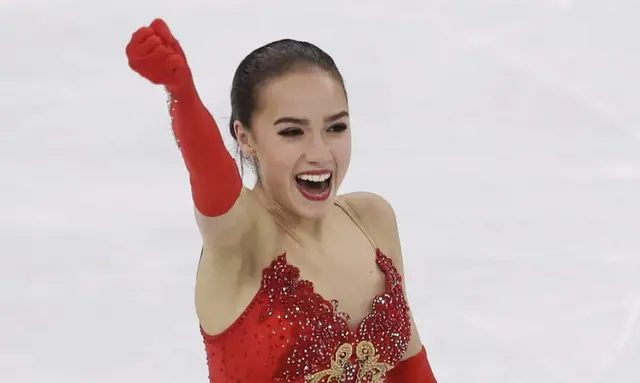Iranian Foreign Ministry spokesman Abbas Araqchi said Tuesday that Iran's nuclear position will not be affected by the result of the upcoming presidential election.
"If the P5+1 group prefer to continue the talks after the election, it is their own issue. However, our principled position will not change either before or after the election," said Araqchi in his weekly press briefing.
The Iranian spokesman praised the recent meeting between Iran's chief nuclear negotiator Saeed Jalili and EU foreign policy chief Catherine Ashton in Turkey's Istanbul as "useful."
Iranians pray during Friday prayer in Tehran, Iran, May 17, 2013. Ayatollah Ahmad Jannati, Tehran's Friday Prayer's leader, criticized some of the hopeful candidates for Iran's 11th presidential election for promising to reach out to the United States once they win the upcoming poll. (Xinhua/Ahmad Halabisaz)
After his meeting with Ashton, Jalili said Iran would never abandon its right to enrich uranium and was ready to continue talks with world powers at any time.
Commenting on the recent talks between Iran and the International Atomic Energy Agency (IAEA) in Vienna on May 15, Araqchi said "the negotiations ... have had no results so far, but we hope that in the next rounds it will bear fruits."
No concrete deal was made at the May 15 meeting but both sides agreed on more talks to finalize a nuclear inspection document.
"Proposals were given by both sides, we decided both sides will study them carefully," Ali-Asghar Soltanieh, Iran's envoy to the UN nuclear agency told reporters after their one-day meeting. "We have a very constructive and intensive discussion," he said.
"We must recognize that our best efforts have not been successful so far," said Herman Nackaerts, the Deputy Director General of IAEA.
However, Nackaerts said he would continue to discuss the " structured approach" with Iran in the next round of talks.
The IAEA has been striving hard in a year and half to strike a deal with Tehran over the document which could authorize investigations into Iran's disputed nuclear program.
Iran is under the West's political and economic sanctions due to its controversial nuclear program. The West suspects that Iran' s nuclear activities may have military motives, while the latter stresses that they are for civilian use only.
 简体中文
简体中文

